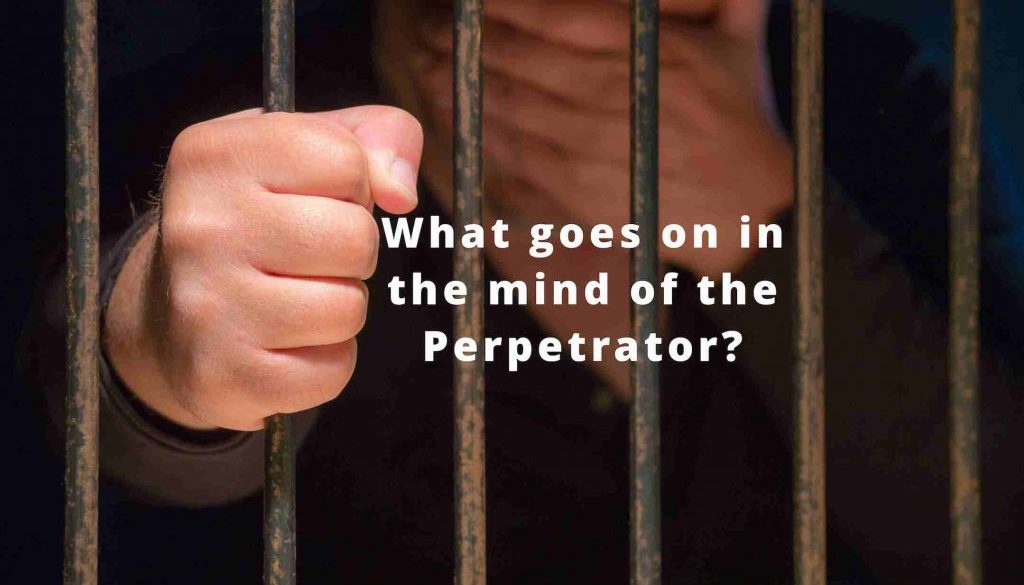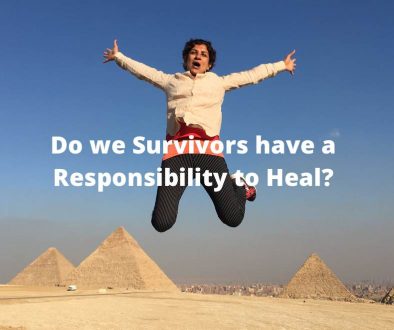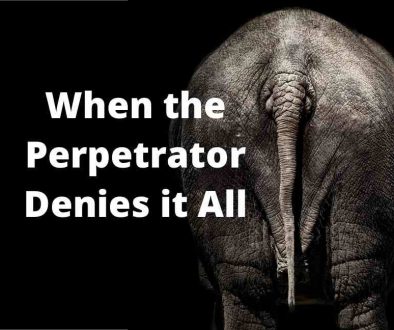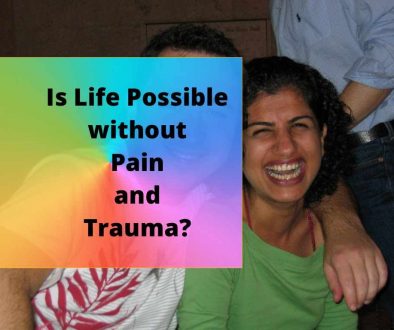Looking inside the mind of my perpetrators?
*** This post may be uncomfortable to read. Please be gentle when reading it ***
Thank you for all the comments and reflections on my last two blogs: Let the Perpetrators Roam the City and Can we Punish and Forgive at the same time?
I know I am asking difficult questions and I am also feeling the weight of these questions. Some days, I do wish for a magic wand and other days, I wonder and look for answers…
Is punishment enough? Does punishment serve the community in the long term?
Are there ways to rehabilitate the perpetrators?
Can we make it better for survivors so that they get justice and healing all at the same time?
In an ideal world, there are no perpetrators. In an ideal world, the circumstances don’t lead to people hurting other people/children. But the reality is quite different. In reality, there are awful people around who do awful things to other people.
To explore this further, I am going to delve into something very uncomfortable for me. I will go back to the “moment” when my abuser decided to put his hands into my undies and sexually abuse me.
What was he thinking? Was he a happy person? Was he looking for some sexual gratification and I was an easy target? How did he convince himself that touching me was the “right” thing to do?
One answer might be that he didn’t have the ability to feel. We call these people psychopaths/sociopaths. But I grew up seeing him acting like a “normal” person. He joked, laughed, cared for his family and had friends, just like any normal person.
If he were, in fact, a sociopath, then it would have been much easier for me to say – there is no hope for him to rehabilitate. He should be punished.
Western Culture is built on the idea that people are free to make a choice and if they make a bad choice (e.g. abuse a child) then they are bad people and they should be punished. From this perspective, the abuser should be punished no matter what.
So then, when a person steals some bread because his family hasn’t eaten for days – shall we punish them? If we don’t take circumstances into account, then we may very well do that.
Lucifer Effect tells me that circumstances can cause good people to do bad things. What if we can change the circumstances so that there are fewer of these perpetrators?
By the way, I am not suggesting that we let the perpetrators go free. People need to confront what they have done and that’s true for perpetrators too but if we forget about the circumstances, then we may potentially create more perpetrators because we haven’t taken care of the “root causes”.
What I am suggesting is that we expand our justice system. When a crime is reported, we do our very best to punish/rehabilitate the perpetrator but we don’t stop there. We go beyond and we explore the “why”.
If we understand why people do bad things, we may be able to stop other people from doing the same “bad” things.
So here is my thinking – and I know that it may be simplistic and not applicable in all situations but, I feel that it’s a good start in exploring this idea.
I strongly believe that for my abuser to abuse me, they would have to “disconnect” with me at a very fundamental level. They can only hurt me if they can think of me as an object. As soon as I become human for them, they can’t hurt me (unless they are a psychopath and then it’s a chemical issue and beyond the scope of this blog)
So, what makes a person “disconnect” – maybe they are disconnected with themselves as well because that would make it really easy for them to disconnect with me.
In the society (slums of Karachi, Pakistan) where he and I grew up, there were many things that could contribute to the disconnection with self and with others.
- Violence and the showing anger was a “normal” part of living.
- It was a common practice for adults to hit their children and males to hit their wives/sisters etc. in their household.
- People were burdened with their responsibilities and roles and they weren’t taught to acknowledge their human needs and desires. They were supposed to just do their jobs and shut up.
- Couples didn’t show affection in public/outside the bedroom and adult males weren’t allowed to talk freely to adult females so in short, people grew up without any kind of social connections with the opposite gender (until they got married)
- Children were kept away from all things sexual until they were ready to be married. There was no sex education in school or at home
- Males were solely responsible for feeding their families of 6 to 8 to 10 members so they worked hard and were expected to never complain but do their jobs. Females were expected to never think about their own needs and desires and sacrifice their own happiness for the sake of their families.
- There was poverty, poor socioeconomic conditions, political turmoil and absence of systems that could make it easier for people to live
In this culture of suppression, how many people stayed above it all. The answer is – not that many. The behaviour of one generation perpetuated the same cycle of violence and abuse in the next.
The sexual abuse of children was commonplace. I know many others who were also abused. I know many adults who are still being abused in their relationships. People could only survive if they “disconnected” from all pain and all the troubles.
I survived this environment by “disconnecting” with myself; maybe my abuser did the same. Maybe he was not a strong enough man; maybe I can’t do anything for him; maybe he needs to be punished.
But if I can work towards changing the environment, then I may prevent more abusers from being born.
Only when we teach people connection; only when we practice empathy, resilience and self-regulation, can we then hope to create a society where there are fewer of these abusers.
I will leave you with these thoughts and one of my most favourite videos of all times – The Power of Vulnerability.
Blessings and hugs
Ruby



